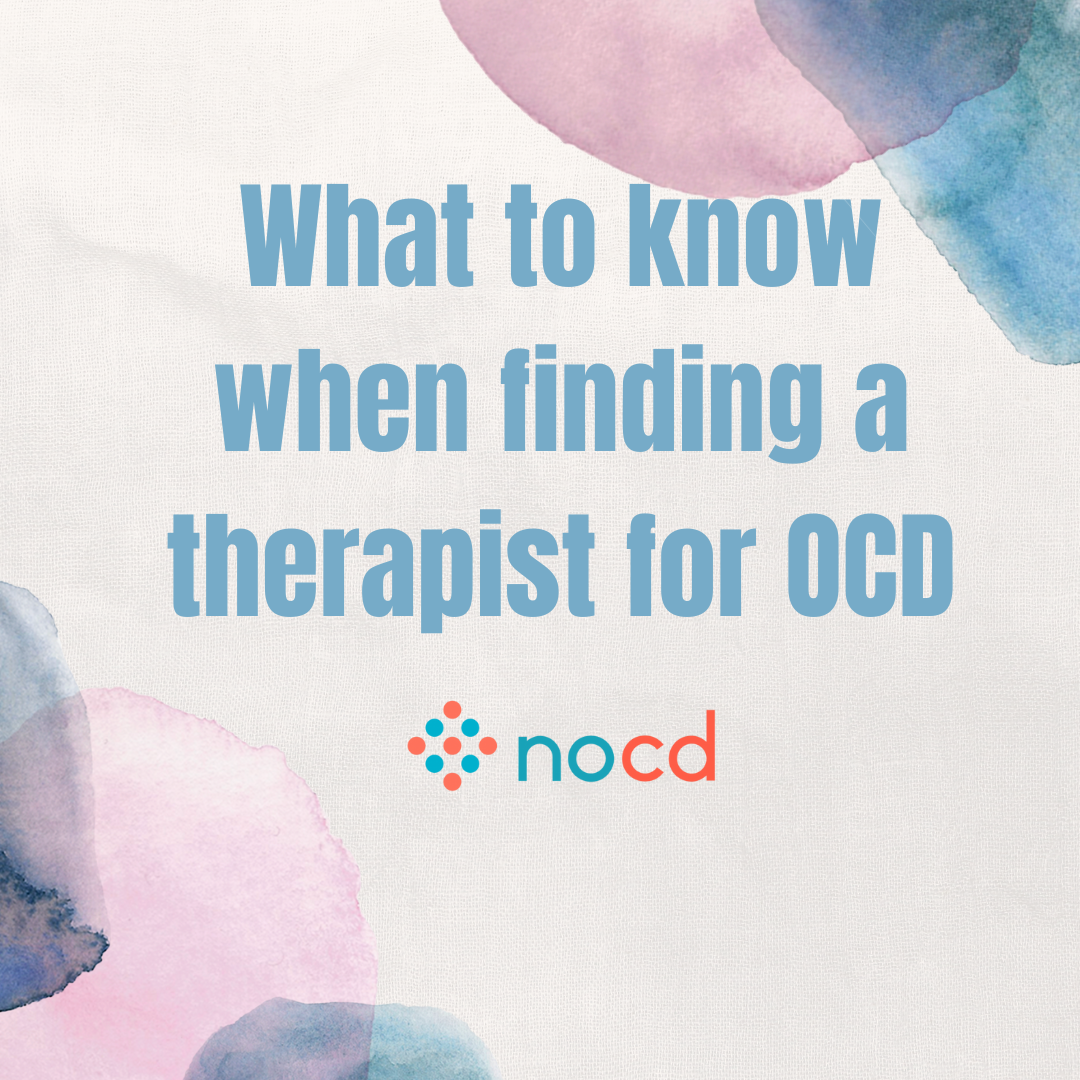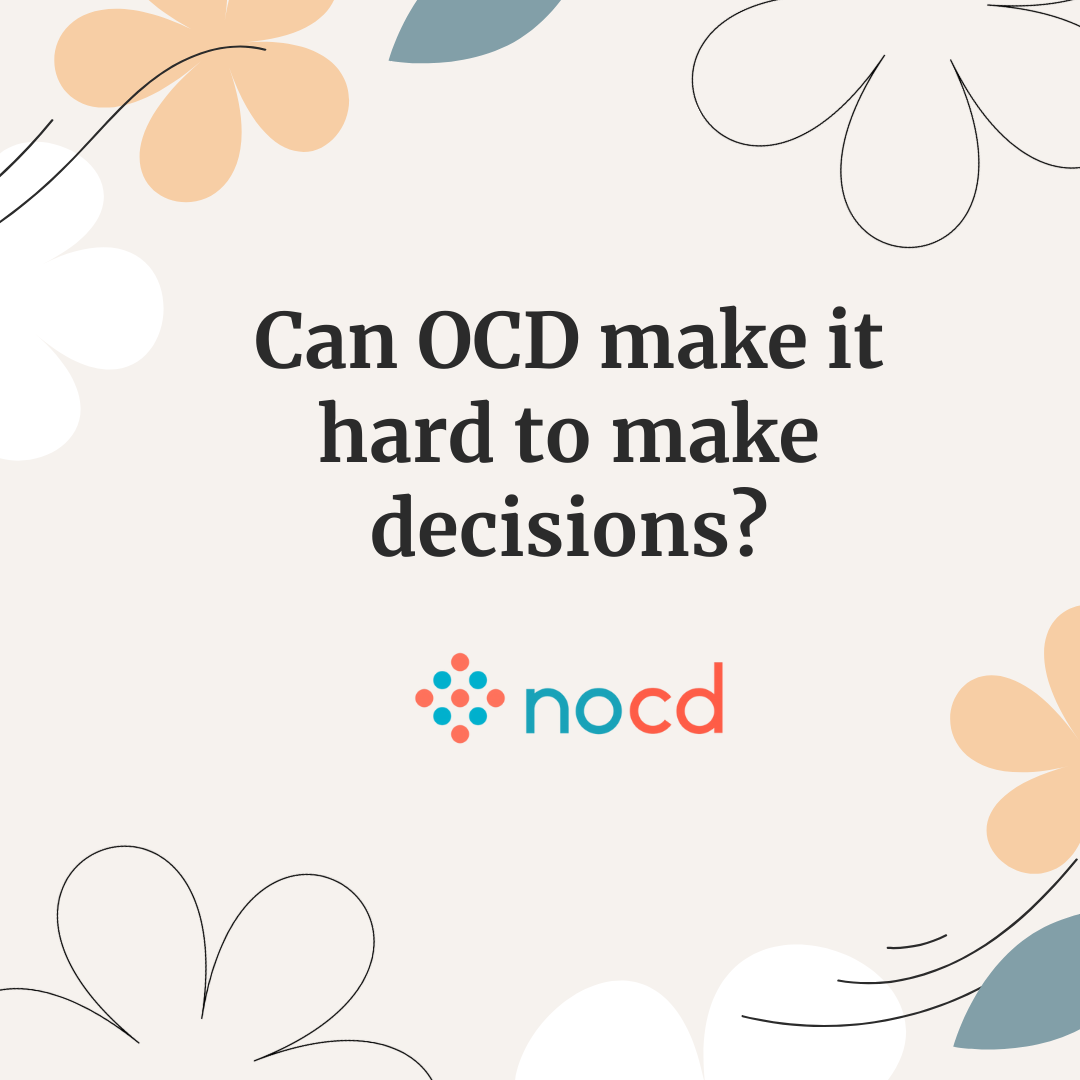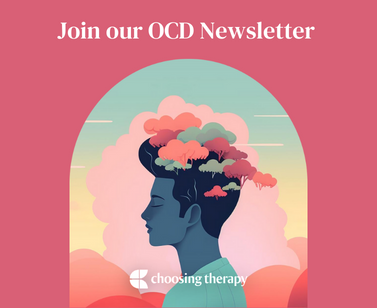Trichophagia is a somatic symptom disorder in association with trichotillomania (hair pulling) that leads to eating hair. It can result in serious medical consequences and can even be fatal. People who eat hair over a long period of time may begin to have abdominal pain, nausea, vomiting, diarrhea, or constipation due to the accumulation of hair that develops into a hairball, medically referred to as a trichobezoar.
NOCD – Online Therapy For Trichophagia
NOCD Therapists are specialized in treating Trichophagia. Many people struggle with both OCD and trichophagia. Working with a therapist who has specialized training in treating both conditions can help you get your life back.
What Is Trichophagia?
Trichophagia involves the act of eating hair. It is a psychiatric somatic symptom disorder that is mostly, though not exclusively, seen in females. Nicknamed Rapunzel syndrome, trichophagia can lead to serious, sometimes life-threatening medical problems that may require gastrointestinal surgery. This is likely due to the growth of a hairball that accumulates in the small intestine.
When the small intestine runs out of space, hair infiltrates surrounding areas. Symptoms do not occur until the GI tract (esophagus to rectum) becomes clogged with hair. The syndrome often goes undiagnosed or undertreated and is often misdiagnosed as a gastrointestinal problem.1
Who Gets Trichophagia?
Trichophagia is found mostly in females who started eating and pulling their hair during middle childhood or adolescence. In males, this disorder often begins at a younger age, during early to middle childhood.1 Children may eat their own hair, their dolls’ hairs, found hairs, or paint brush bristles.
Trichophagia & Trichotillomania
Trichotillomania is a somatic symptom disorder that is characterized by hair pulling. Hair can be pulled from anywhere it grows (e.g., eyebrows, eyelashes, pubic hair, etc.). Pulling hair from the head often creates noticeable patches, often resulting in the person wearing hats or wigs in an effort to try and hide or camouflage the bald spots. People may start avoiding going to work or socializing.
Approximately 20% of people with trichotillomania end up eating their hair after pulling it out.2 Eating the hair could be the last step in a series of ritualized hair pulling behaviors. Some people wind the pulled hair into a ball and swallow it whole, which is especially risky if they have long hair. However, not all hair pullers eat their hair, and not all people who eat hair pull their hair out.
By association with trichotillomania, trichophagia is considered a body-focused repetitive behavior. Other repetitive behaviors serve the same soothing purpose as hair pulling and eating.
Other Disorders Related to Rapunzel Syndrome
Other behaviors that often co-occur with trichotillomania, and their associated frequencies include:3
- Skin picking (51%)
- Nail biting (30%)
- Lip/cheek biting (26%)
- Nose picking (12%)
Signs & Symptoms of Rapunzel Syndrome
Unfortunately, signs and symptoms of Rapunzel syndrome don’t typically manifest until there are physical symptoms of a hairball that has accumulated over years—if not decades. People with trichophagia may seek medical help due to symptoms like abdominal pain or swelling, nausea, and vomiting. Many patients deny any history of trichotillomania or trichophagia, even when they are specifically asked.4
Signs of trichophagia include:
- Abdominal pain or swelling
- A mass developed in the upper abdomen
- Halitosis (bad breath)
- Peritonitis (inflammation of the abdominal wall lining)
- Nausea
- Vomiting
- Feeling full from eating small portions
- Weight loss
Treatment For OCD NOCD: Online OCD Treatment Covered By Insurance – Regain your life from OCD. Do live video sessions with a licensed therapist specialized in treating OCD. Treatment from NOCD is covered by most major insurance plans. Learn how you can use your insurance benefits. Visit NOCD Talkiatry: Is OCD Medication Right For You? Speak with A Doctor – Talkiatry can match you with a psychiatrist who takes your insurance and is accepting new patients. They’re in-network with major insurers and offer medication management with supportive therapy. Free Assessment
What Causes Rapunzel Syndrome?
There is no definitive cause of Rapunzel syndrome, but there appears to be a neurobiological predisposition in those who perform these behaviors. Conditions such as intellectual disabilities, anemia, and iron deficiency have been found in people with trichophagia, but it’s unclear what role they play in its development.8,9
Nervous Emotions & Anxiety
Trichotillomania and trichophagia behaviors appear to have a calming effect for those who perform them. The behaviors are used as a way to regulate someone’s emotions and cope with stress, boredom, negative feelings, anxiety, tension, loneliness, fatigue, or frustration. Other emotional factors identified as contributing to the behaviors are parental discord, grief, or other family problems.
Depression & Social Isolation
People often experience feelings of guilt, shame, and embarrassment from pulling or eating their hair. This can lead to social isolation in fear of being negatively judged by others. Social isolation often leads to symptoms of depression and erodes self-confidence, resulting in increased urges to self-soothe by pulling or eating hair.
Depersonalization
There is often a buildup of tension that triggers the urge to eat hair that has been pulled from the body or other sources (i.e., others’ loose hairs). The urges can be consciously acted upon as part of a daily routine or without the person’s awareness, similar to a nervous habit. Longer episodes can lead to feelings of depersonalization, being in a trance-like state, and losing track of time.
Health Risks & Complications of Rapunzel Syndrome
There are several health consequences from eating hair. Due to its enzyme-resistant properties and smooth, slippery surface, human hair cannot be digested, which means that it stays stagnant in the gastrointestinal system. Consequently, hair accumulates between the gastric mucosal folds that lead to the formation of a hairball.5 Trichobezoars were found to occur in 24% of females with trichotillomania and may be more complicated in people who have long hair.2
Potential health consequences from hairballs include:
- Ulcers that perforate the stomach and spread bacteria
- Infected or inflamed abdominal cavity (peritonitis)
- Gastrointestinal bleeding due to mucosal erosion
- Bowel obstruction
Can You Die From Rapunzel Syndrome?
Rapunzel syndrome can be fatal. While the prevalence of hairballs in humans is low, mortality rates may be as high as 30% if they remain untreated.7 It is unclear if this is an underrepresentation of how many deaths have actually been caused by trichophagia.
NOCD – Online Therapy For Trichophagia
NOCD Therapists are specialized in treating Trichophagia. Many people struggle with both OCD and trichophagia. Working with a therapist who has specialized training in treating both conditions can help you get your life back.
Diagnosis & Treatment for Trichophagia
The diagnosis of trichophagia often only occurs after seeking medical attention for gastrointestinal pain or the presence of other related symptoms likely due to a hairball. Tests are performed by a gastrointestinal endoscopy, ultrasound, CT scan, or x-ray of the abdomen. Treatments could include surgery, medication, and therapy, namely habit reversal training.
Surgery
Emergency surgery may be performed depending on the severity of the case.10 Surgical options include:
- Laparotomy (open surgery)
- Laparoscopy (localized abdominal surgery that breaks down and removes the hairball)
- Endoscopy (nonsurgical procedure that inserts a tube down the throat to the esophagus)
Medication
Psychiatric medications have also been prescribed to treat the disorder, including selective serotonin-reuptake inhibitors, N-acetylcysteine, naltrexone, topiramate, and atypical neuroleptics.
Therapy for Rapunzel Syndrome
Psychological treatment is also recommended for trichophagia. In habit-reversal therapy, patients learn to be aware of the internal and external cues as well as predictable and unpredictable situations that lead to hair pulling. They practice competing behaviors and movements such as keeping hands clasped, sitting on hands, or keeping hands busy by engaging in activities like knitting, crocheting, doing needlepoint, coloring, or other tasks that involve the hands.
Autogenic training is another behavioral treatment option geared toward stress reduction and improved body relaxation. It teaches relaxation techniques designed to reduce blood pressure, heartbeat, and body temperature.
Other cognitive behavioral therapy (CBT) strategies may be employed as well, including journaling, contingency planning for acting on urges, self-monitoring of symptomatic behaviors, thought-monitoring that precedes and follows episodes, and restructuring cognitive distortions and automatic negative thoughts.
How to Get Help for Rapunzel Syndrome
When looking for a therapist, it is recommended that the person be licensed, such as a psychologist, social worker, or counselor. Professionals who provide exposure and response prevention often have the skills mentioned in the above section. Good therapists welcome and will provide answers about their background and training. You can find a therapist by asking for a referral from your primary care provider, or by using an online therapist directory, where you can sort by specialty and insurance coverage.
Here are some more specific resources for getting help for trichophagia:
In My Experience
To help our readers take the next step in their mental health journey, Choosing Therapy has partnered with leaders in mental health and wellness. Choosing Therapy is compensated for marketing by the companies included below. OCD Therapy NOCD: Effective, Affordable, & Convenient OCD Therapy Do live, face-to-face video sessions with a therapist who specializes in treating OCD and get 24/7 support between sessions. NOCD is covered by many insurance plans and is available nationwide. Visit NOCD Virtual Psychiatry Talkiatry Get help from a real doctor who takes your insurance. Talkiatry offers medication management and online visits with expert psychiatrists. Take the online assessment and have your first appointment in days. Free Assessment OCD Newsletter A free newsletter from Choosing Therapy for those impacted by OCD. Get helpful tips and the latest information. Sign-UpAdditional Resources
What to know when finding a therapist for OCD With so much information out there regarding providers and treatment options for obsessive compulsive disorder, it can be hard to know exactly where to start—especially when you have to consider everything from the type of provider to the different treatment methods, as well as how you’ll fit it into your busy schedule. Can OCD make it hard to make decisions? From choosing what to wear in the morning to picking what to eat for dinner, decision-making is a part of everyone’s daily routine. But for millions of people with Obsessive-Compulsive Disorder (OCD), making any choice can feel like a daunting, sometimes impossible task.









